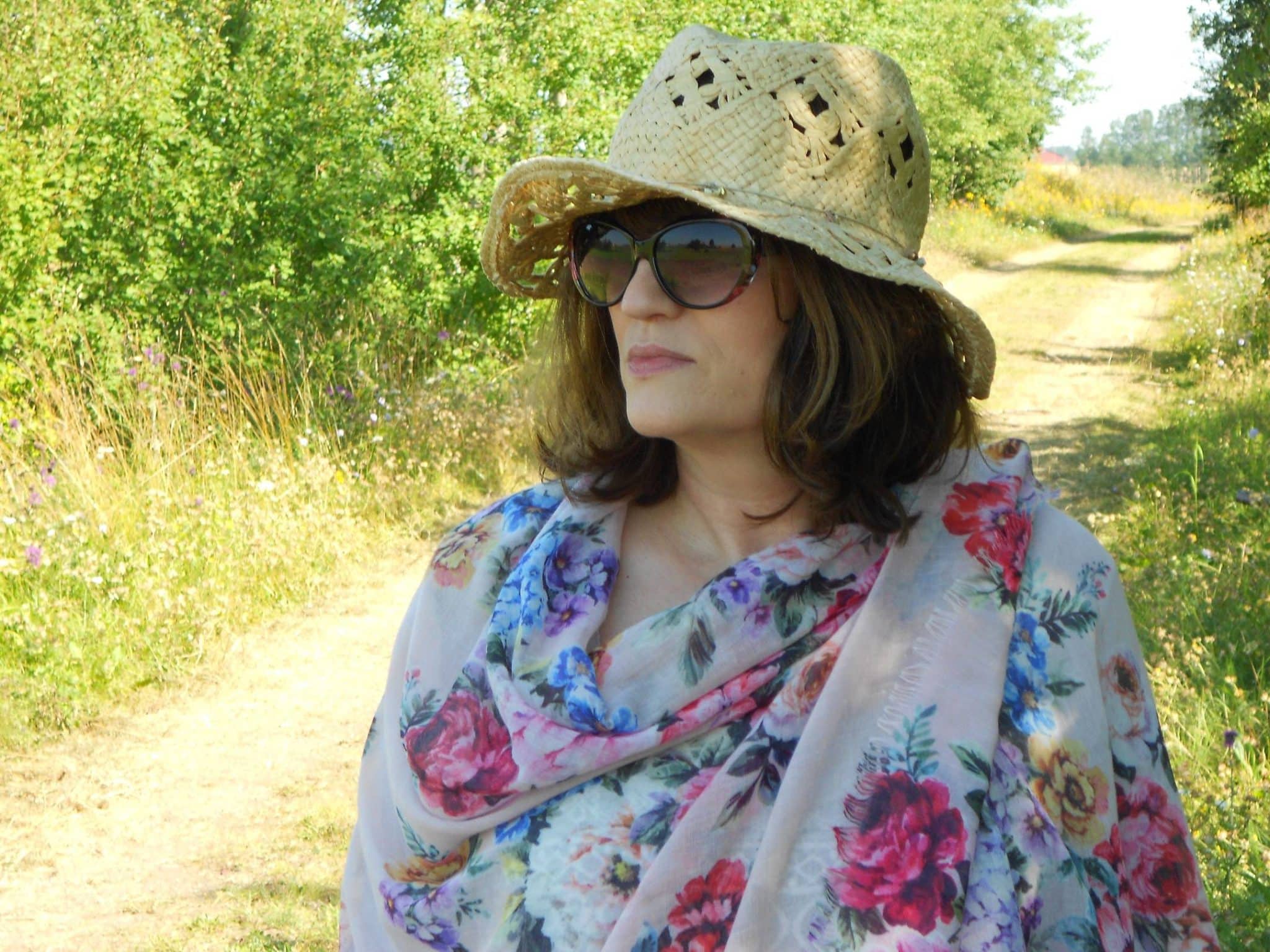TALENT development specialist Henry Rose Lee will never forget the day that she approached a perfect stranger and planted an affectionate kiss on his cheek, while her husband was standing right next to them.
It was all a case of mistaken identity, however. Ms Lee suffers from prosopagnosia, more commonly known as ‘face blindness’ – a cognitive disorder in which the ability to recognise familiar faces is lost or significantly diminished. As such, she thought she was kissing her husband, who happily saw the funny side.
Much like autism, for example, the degree of the condition is very much on a spectrum.
“For people who have it most acutely, it would almost be like ’50 First Dates’,” explained Ms Lee, referencing a romantic comedy film in which the protagonist wakes up each morning with no memory of the people she has previously met.
“The other end of that, is it may just take someone a little while to recognise someone. I’m somewhere in the middle of those two.
“If I wasn’t expecting to see someone and saw them in the street then I would walk straight past them and that includes friends and family.
“I have to really focus hard to recognise people. I focus on voices mainly. The face-blind tend to listen well,” she revealed adding that she takes note of other features, such as height, skin colour, facial hair and the way people carry themselves.
“But if, for example, there are two bald men with glasses next to each other I can’t tell them apart.
“It can be very embarrassing,” she admitted. “I went to a fancy dress party and I couldn’t recognise my family because they all had changed their hair and their whole look. It was all distorted.”
Although, Ms Lee, who only discovered she was face blind seven years ago, entirely focuses on the positive side to her condition. “Its common knowledge that if you have one sense that lets you down, others make up the slack.
“I have a compensating strength in interpreting the way people feel. If they are upset or lying for example”.
Her ability to pick up on different signals have actually helped her in her career as a talent development specialist. “If I sit in on interviews I’m able to advise recruiters if I think they are trustworthy or whether they should avoid doing business with them.
“It must be that I’m seeing something different, how they are carrying themselves.
“I want to encourage people to look beyond face value. I always have because I’m face blind. There is more to people than what you first see.”
Henry Rose Lee will be speaking at TEDx Royal Tunbridge Wells on June 10 at The Assembly Hall. For tickets, visit www.tedxroyaltunbridgewells.com
Notable face blind people
- Duncan Bannatyne
- Robert Cecil, 3rd Marquess of Salisbury
- Stephen Fry
- Jane Goodall
- Brad Pitt
- Steve Wozniak








